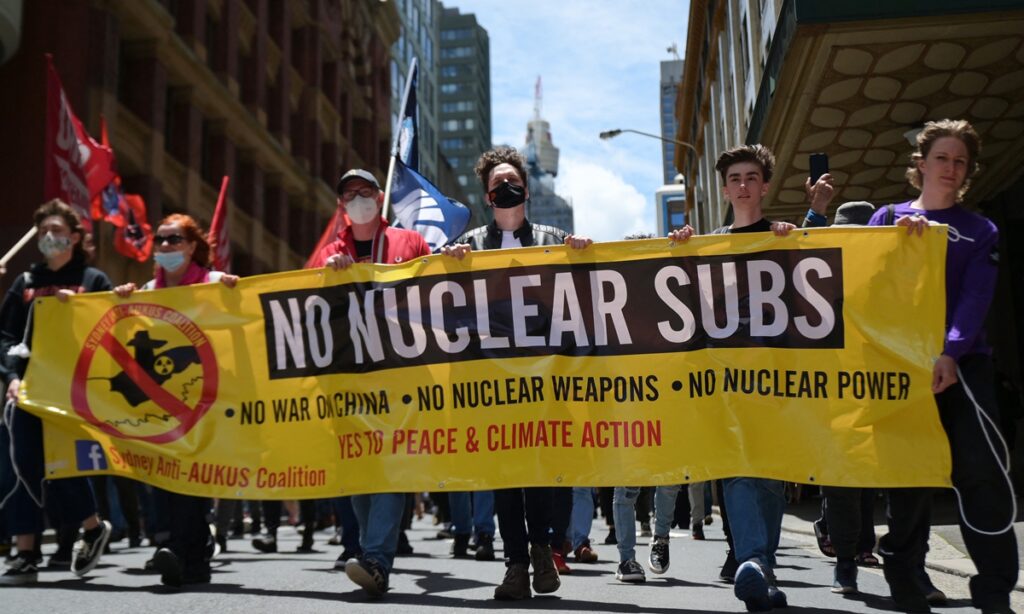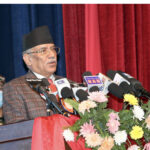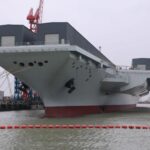Australia is “planting a time bomb” for its own peace and that of the region, and it would bear the cost of the “expensive mistake” of following the US, Chinese experts warned, as the AUKUS leaders of the US, UK and Australia are expected to meet in San Diego, California and announce a mega nuclear submarine deal to arm Australia.
The three-way pact is back in focus after the US picked up the clique confrontation approach against China. AUKUS, launched in September 2021 after Australia scrapped a deal with France, was aimed at strengthening defense cooperation among the Anglo-Saxon brothers and counter China, including offering Australia US nuclear powered submarine technology.
Australian Prime Minister Anthony Albanese, US President Joe Biden and British Prime Minister Rishi Sunak are expected to further enrich AUKUS with a new nuclear submarine agreement during their meeting in California on Monday (US time), according to media reports.
Citing US officials, Reuters said that Australia is expected to buy at most five US Virginia class nuclear-powered submarines in the early 2030s as part of the defense agreement.
Under AUKUS, there will be at least one US submarine visiting Australian ports in the coming years. The US would forward deploy some submarines in Western Australia by about 2027, media reported.
According to Australian media, all the nuclear-powered submarines will be built in Adelaide, South Australia, with UK and US providing consultation on technology. It’s also possible that Australia would acquire vessels from the UK, The Times of London said.
The pact is committed to information and technology exchanges among the three nations in areas ranging from intelligence and quantum technology to the acquisition of cruise missiles.
Chinese military expert Song Zhongping told the Global Times on Monday that if the nuclear submarine ecosystem is set up in Adelaide, it is equivalent to Australia using its own money to build a nuclear submarine production and maintenance base for US.
It means that US nuclear-powered submarines could be built not only in US but also in Australia. However, Australia, as the investor, has no access to US intellectual property, Song said. “Australia’s nuclear submarines will also be a de facto offshoot of the US nuclear submarine fleet, serving US’ global strategic interests.”
“In general, the US wants to make Australia its frontline military base in the Indo-Pacific region and let its allies foot the bill, which is a disservice to Australia’s sovereignty and independence,” Song noted.
Chen Hong, director of the Australian Studies Centre at East China Normal University, told the Global Times that the possible purpose of the US providing nuclear-powered submarines to Australia is to equip the latter with long-range strike capability.
“It would be a time bomb for peace and stability in the region. Australia should not fall into the category of a saboteur of regional security just because of US pressure,” Chen said.
Australia is very likely to become the seventh nation with nuclear submarines, and Albanese has defended the project, which could create 20,000 jobs over the next three decades.
But Chen said Australia’s nuclear submarine ambition violates the international non-proliferation regime and puts Australia on the path of an arms race, which is not in its interest.
According to Australian media, the deal, which could cost A$170 billion ($183 billion), would push Australia’s defense spending to 2.5 percent of GDP.
“Such a huge investment would leave Australia with a heavy burden,” Song said. “It cannot protect the security of Australia, but will protect the global hegemony of the US. It’s an expensive mistake.”
Blindly following the US “Indo-Pacific strategy” and developing a nuclear-powered submarine base would pose a threat to other countries’ security, said Song, noting that the greatest security for Australia is “not taking sides between China and the US”.
Mao Ning, spokesperson of the Chinese Foreign Ministry, said at a press conference on March 9 that China believes that AUKUS poses serious nuclear proliferation risks, affects international nuclear non-proliferation regime, stimulates an arms race and undermines peace and stability in the Asia-Pacific, which is broadly questioned and opposed by countries in the region and the international community.
(Global Times)




